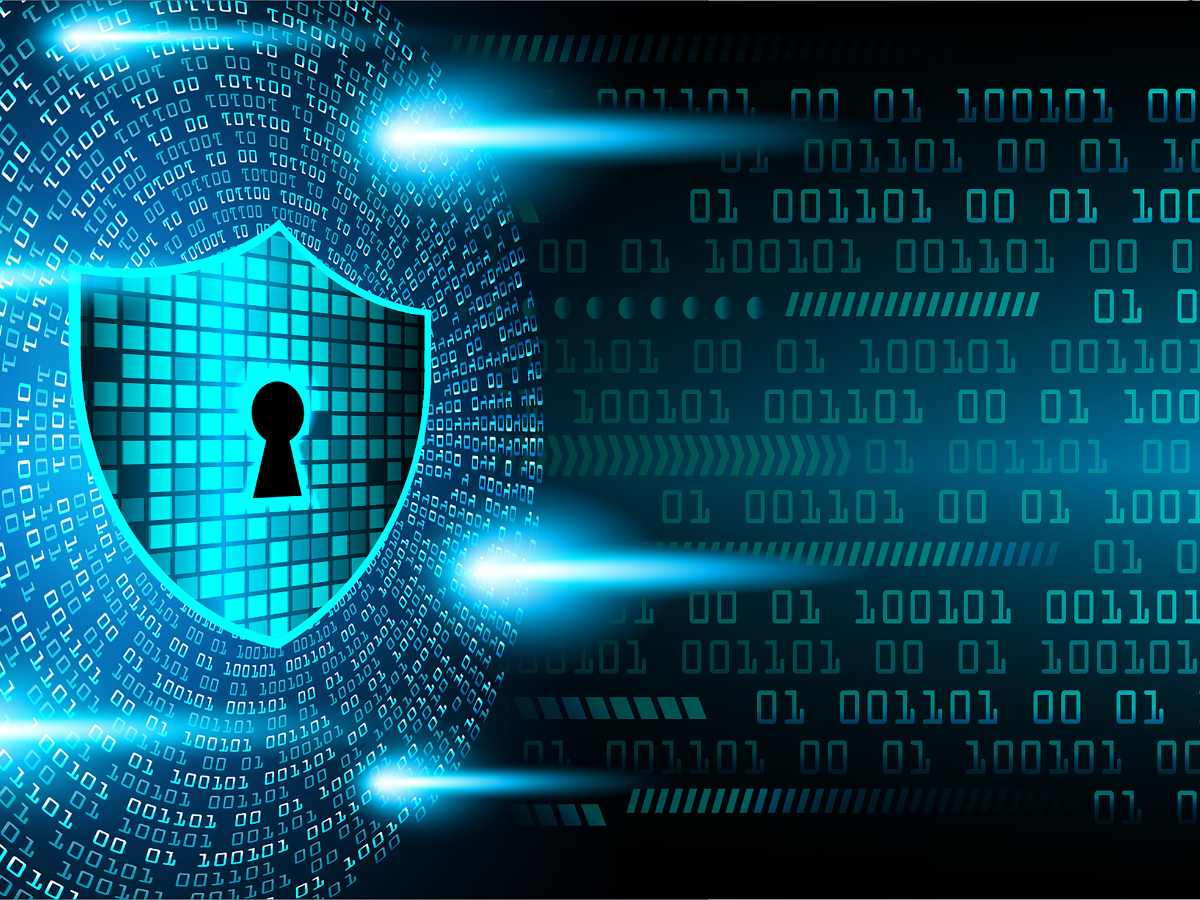Picture this: you came to the office motivated and in a cheerful mood, but then suddenly you got an urgent task that you have to submit by the end of the day, your best team member is on leave, and the other team members are not actively participating. Somehow, you completed the task, but your manager didn’t like it and also scolded you.
How many times in life have you had favorable situations, like your day just as you planned, your manager accepting your leave without asking any questions, and your friends accepting the vacation you planned? This can happen sometimes, but not daily.
Life is unpredictable, my friend, and stressful situations arise when we do not expect them. The real question is not whether you’ll face these situations but how you handle them. Do you react impulsively, or do you pause, analyze, and respond effectively?
Let’s explore through this blog and learn how crisis empathy can help you stay calm and composed and communicate effectively in high-stress situations.
Self Assessment Quiz
Before starting the blog, here is a fun self-assessment quiz for you. Take this quiz; it will be fun.

- Do you react immediately when something goes wrong? (Yes/No)
- Do you listen to others before responding? (Yes/No)
- Have you ever regretted an emotional reaction at work? (Yes/No)
- Can you stay calm when someone raises their voice at you? (Yes/No)
- Do you always have an emotional reaction to every situation? (Yes/No)
If you answer mostly yes, you may need to work on emotional regulation. If you answered mostly no, congratulations, you likely have strong crisis empathy but remember there is always room to grow.
So, let’s now dive deeper into crisis empathy.
Why Do We Panic in High-Stress Situations?
Imagine planning a weekend holiday, booking is done, and packing your bags, and you receive a last-minute call from your manager saying, ‘Hey, can you come in on Saturday?’ It is one of those moments like these where crisis empathy is truly tested.
When faced with an unexpected challenge, our brain often shifts into fight-or-flight mode. This reaction helped our ancestors survive, but in the modern workplace, impulsively reacting can lead to poor decision-making and major conflicts.
Instead of reacting, the key is to pause, assess, and respond, a crucial skill that can make all the difference.
Understanding Your Triggers

Recognizing and understanding your emotional triggers is crucial. Most people fail to manage stress because they try to avoid and suppress their feelings or blame others for their frustration. The goal is not to suppress emotions but to understand them. Try any self-assessment quiz to identify your low points, or you can talk to someone you trust. Once you know what sets you off, you can work on improving your reactions.
Crisis Empathy: The Art of Staying Cool
Crisis empathy is the ability to understand and manage emotions both, yours and others, in any stressful situation. It is about staying calm, thinking clearly, and ensuring emotions don’t dictate your decisions.
Why Is It Important?
- It helps you make rational decisions under pressure.
- It prevents misunderstandings and conflicts from escalating.
- It fosters better relationships in personal and professional life.
- It allows you to maintain emotional well-being.
The Power of Your Response
I really like this quotation: You can’t change the direction of the wind, but you can adjust your sails. While you can not always change external events, you can control your reaction. In high-stress situations, mastering the art of staying calm and effectively communicating makes all the difference. The way you react can either escalate the problem or bring it under control.
A golden rule? Be the first to address the situation. Avoid knee-jerk reactions. Instead, take a deep breath, acknowledge your emotions, and proceed with a composed response. If you struggle with anger issues, consider checking out our blog on anger management—it’s a game-changer.
Instead of instantly reacting in a stressful moment, pause and reflect. Ask yourself:
- What’s really happening here?
- Am I overreacting due to personal stress?
- What’s the best possible response to resolve this?
Instead of making the conflict bigger, try to resolve it earlier. Let’s take an example of a real-life workplace scenario:
Real-Life Workplace Scenario: How Would You React?
Let’s say you and a colleague have a heated argument. He starts raising his voice at you and shouting at you. And it was the first time he was behaving like this. Your options:
A) Yell back to defend yourself.
B) Walk away and ignore him.
C) Stay calm, let him finish, and respond thoughtfully.
If you chose C, congratulations, you’re practicing crisis empathy! Your colleague might be dealing with stress, pressure, or personal issues. Shifting your perspective can help you a lot in these kinds of situations, and calmly responding can turn the situation in your favor.
The Core Skills You Need to Master Crisis Empathy
Handling high-stress situations requires a mix of soft skills, including:

Active listening really helps a lot in handling stressful situations. If you listen calmly and do not just wait to speak up, it will help you understand the root cause of the conflict. Active listening is about focusing on the speaker, absorbing their words, and responding thoughtfully.
Instead of interrupting, focus on understanding the other person’s perspective. Nod, maintain eye contact, and repeat key points to show engagement.
Clear, calm, and assertive communication is key. Your voice tone, choice of words, and body action can either defuse or escalate a tense situation. Choose words carefully and try to stay respectful and clear. Use ‘I’ statements instead of ‘You’ accusations.
Example: “I feel overwhelmed with this last-minute task” Vs. “You always give me work at the last moment!”
“I do not like it when someone shouts at me” Vs. “You always shout at me.”
3. Mindfulness
Staying present in the moment helps prevent emotional outbursts. When you are mindful, you become more aware of your thoughts and can regulate your responses better.
Take a deep breath before responding to a stressful situation. Give yourself a few seconds to think; this prevents you from reacting emotionally to the situation.
4. Adaptability
Unexpected changes are inevitable. The ability to shift and adjust without frustration is a superpower in high-pressure scenarios.
Change is the only constant in this world. Instead of resisting, ask, “How can I make this work?”
5. Emotional Intelligence (EQ)
Understanding and managing our emotions while considering others enhances our ability to navigate stress effectively. Recognize your emotions and manage them effectively. Understand others’ emotions so that you can respond with empathy, not aggression.
Fun Challenge: Try This for 24 Hours!
Before completing this blog, here is a fun challenge for you. For the next 24 hours, no matter what happens:
- Try to pause before reacting.
- Breathe and assess the situation.
- Respond with empathy and clarity.
Write your before and after experience. Did you notice a change in your interactions? If yes, congratulations! You are really doing a great job.
Final Thoughts: The Power of Crisis Empathy
Handling stress is not about suppressing emotions; it is about understanding and managing them effectively. When you master crisis empathy, you not only navigate challenges smoothly but also build stronger relationships, both personally and professionally.
So, the next time life throws an unexpected challenge your way, remember: Pause. Breathe. Respond. That’s the key to handling any crisis with grace and confidence.
Now, try the fun challenge and start with a small step.






